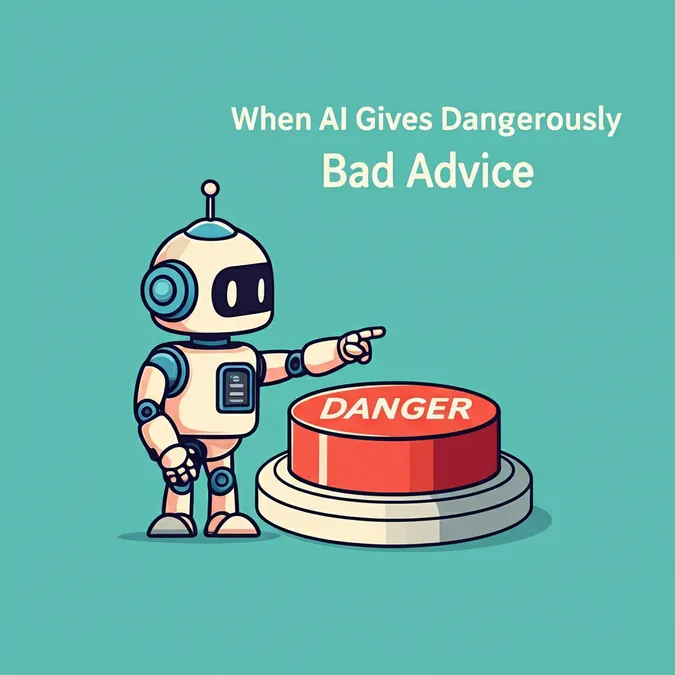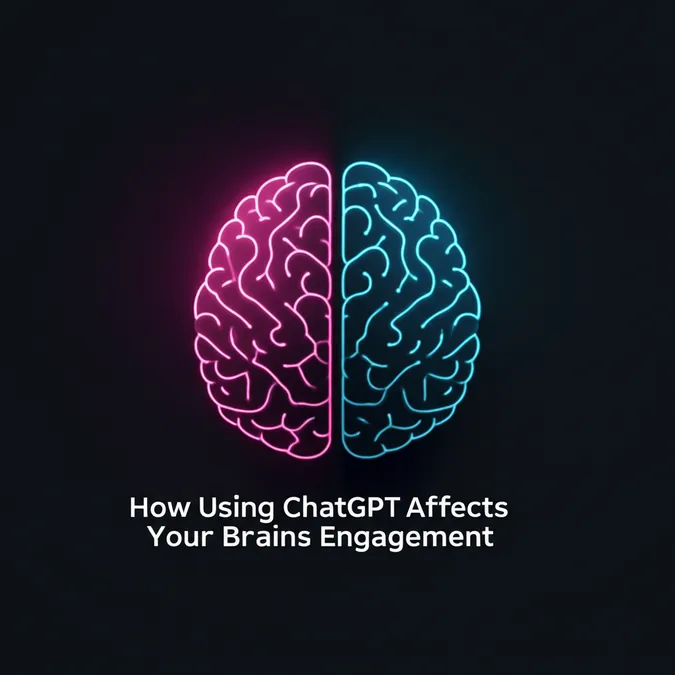Developer Offer
Try ImaginePro API with 50 Free Credits
Build and ship AI-powered visuals with Midjourney, Flux, and more — free credits refresh every month.
How Steve Jobs Predicted Modern AI in 1985
Amidst the current technological landscape, many followers of Apple find themselves pondering the company's direction in artificial intelligence. With a digital assistant like Siri often falling short of expectations and competitors making significant strides in AI, the question often arises: “What would Steve Jobs do?”
It's a question that gains new weight with the rediscovery of a video from nearly four decades ago. While revisiting old presentations, a particularly insightful clip has resurfaced, showing Steve Jobs giving a speech at Lunds University in Sweden back in 1985. In this talk, he describes a future technology with an accuracy that is nothing short of prophetic, essentially predicting the core concept of tools like ChatGPT.
The Aristotle Analogy A 40 Year Prediction
During his speech, Jobs shared a powerful vision for the future of learning and interaction with knowledge. He presented an idea for a tool that would transcend the static nature of books and allow for a dynamic conversation with the great minds of history. Here is the powerful excerpt from his 1985 address:
Do you know who Alexander the Great’s tutor was for about 14 years? It was Aristotle. When I read that, I became immensely jealous—I think I would’ve enjoyed that a great deal. But through the miracle of the printed page, I can at least read what Aristotle wrote without an intermediary. Maybe a professor can add to it, but I can still go directly to the source. That’s the foundation of our Western civilization. The problem is, I can’t ask Aristotle a question—I mean, I can, but I won’t get an answer. My hope is that in our lifetimes, we can create a new kind of tool, an interactive one. So that when the next Aristotle is alive, we can capture their worldview in a computer. And someday, a student will not only be able to read what Aristotle wrote, but also ask him a question—and get an answer. That’s what I hope we can do.
Connecting the Dots to ChatGPT
This vision precisely outlines the function of modern large language models. ChatGPT, in essence, serves as this interactive tool. It synthesizes vast amounts of information from countless sources, allowing users to “ask questions” and receive synthesized, conversational answers. While the AI doesn't contain the consciousness of Aristotle, it can process his entire body of work, analyze it in context with other philosophers and historical events, and provide nuanced answers to questions a student might pose. It is the realization of the very interactive learning tool that Jobs hoped for.
Historical Context and Lasting Vision
What makes this prediction even more remarkable is its timing. In 1985, Jobs had just been ousted from Apple after a conflict with the board and then-CEO John Sculley. His vision for this technology wasn't tied to a specific Apple product roadmap but was part of his broader philosophy on how technology could fundamentally enhance human knowledge and potential. It demonstrates that even during a challenging period in his career, Jobs was thinking decades ahead, envisioning tools that would one day change the world.
Compare Plans & Pricing
Find the plan that matches your workload and unlock full access to ImaginePro.
| Plan | Price | Highlights |
|---|---|---|
| Standard | $8 / month |
|
| Premium | $20 / month |
|
Need custom terms? Talk to us to tailor credits, rate limits, or deployment options.
View All Pricing Details

